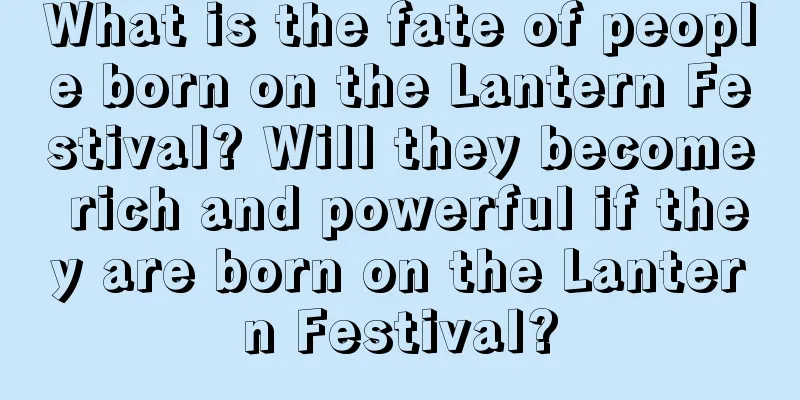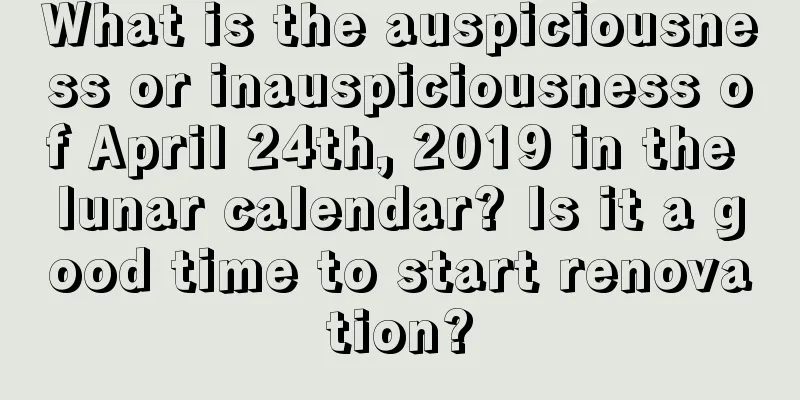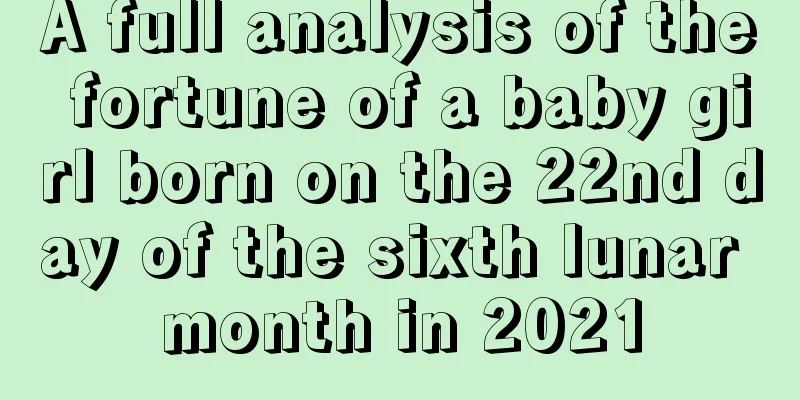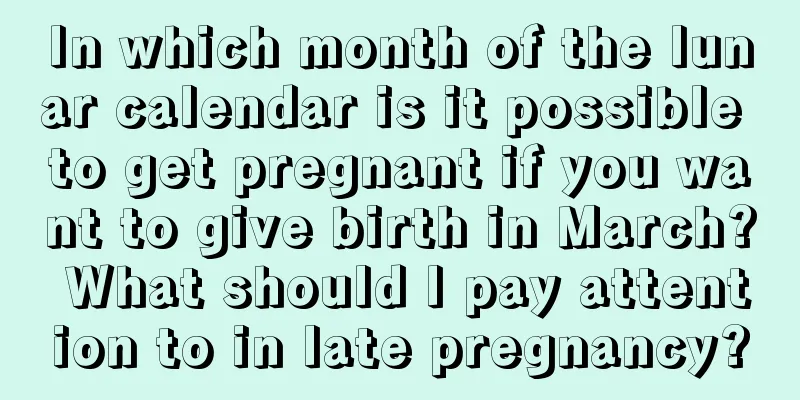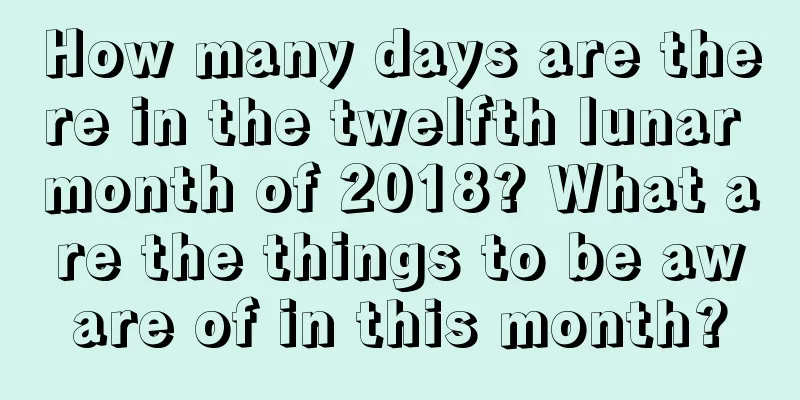What are the traditional customs of the Winter Solstice? Proverbs and sayings about the winter solstice

What are the traditional customs of the Winter Solstice? Regarding proverbs and sayings about the winter solstice solar term, "The Book of Rites. Monthly Ordinances" says: "The month of mid-winter is called Changyue." "Chang means full." Therefore, the eleventh month of the lunar calendar is also called Changyue. In this November of the lunar calendar 2020, Mr. Shui Mo will spend a happy month with you.What are the traditional customs of the Winter Solstice?Winter Solstice Heaven Worship:"Sacrificing to Heaven" is the ancient "suburban sacrifice" ritual, a method used by emperors of all dynasties to ward off disasters and pray for blessings. It is a ceremony that must be held on the Winter Solstice. "The Book of Zhou: Spring Officials and Divine Officials" states: "When winter comes, we should offer our respects to the gods and ghosts." The purpose of this is to pray for peace and prosperity for the country and the people. "Book of the Later Han Dynasty's Etiquette" states: "Around the winter solstice, gentlemen rest and quiet their bodies, and officials stop working." During the Tang and Song dynasties, the winter solstice and the beginning of the year were given equal importance. Meng Yuanlao of the Southern Song Dynasty wrote in "Dongjing Menghualu": "November is the winter solstice. The capital attaches great importance to this festival. Even the poorest people will save money over the year and change into new clothes on this day, prepare food and drink, and worship their ancestors. Officials open the gates and celebrate the festival just like New Year's Day." "Qing Jialu" bluntly said: "Winter Solstice is as important as New Year." Han people have been worshiping heaven and offering sacrifices to their ancestors on the winter solstice since ancient times, but today only the Chaoshan area in China continues this custom. Eat glutinous rice balls during the winter solstice: Eating glutinous rice balls during the winter solstice is a traditional custom in the Jiangnan region of my country. Glutinous Rice Balls, also known as Tangtuan, are a round dessert made from glutinous rice flour. "Round" means "reunion" and "perfection", so glutinous rice balls eaten during the Winter Solstice are also called "Winter Solstice Balls". Every morning on the winter solstice, every household in the south starts grinding glutinous rice flour and using sugar, meat, vegetables, fruit, beans, shredded radish, etc. as fillings to make winter solstice balls. Not only are they eaten by family members, they are also given to relatives and friends as gifts to express blessings. An ancient poem goes like this: "Every family makes rice dumplings, knowing that it is the winter solstice of the next century." During the winter solstice, the old Shanghainese are most particular about eating dumplings. Relatives gather together to taste the newly brewed sweet white wine, flower cakes and glutinous rice balls, and then pile pieces of meat on a plate to offer sacrifice to their ancestors. Eat dumplings during the winter solstice: In northern my country, there is a custom of eating dumplings on the winter solstice of the lunar calendar every year. As the saying goes, "On October 1st, the winter solstice arrives, and every household eats dumplings." This is also to commemorate the "Medical Saint" Zhang Zhongjing who gave away medicine on the winter solstice. During the Eastern Han Dynasty, Zhang Zhongjing served as the prefect of Changsha, where he visited patients and prescribed medicine and practiced medicine in the lobby. Later, he resolutely resigned from his official position and returned to his hometown to treat his neighbors. When he returned home, it was winter. He saw that the folks on both sides of the Baihe River were pale and thin, suffering from hunger and cold, and many people's ears were frozen. He asked his disciples to set up a medical tent and a big pot at the east gate of Nanyang, and give "Quhan Jiao'er Soup" to the people on the winter solstice. He put mutton, chili peppers and some cold-relieving herbs in a pot to boil. Then he took out the mutton and herbs, chopped them up, and used bread to make ear-shaped "jiao'er". After cooking, he gave everyone two "jiao'er" and a large bowl of broth. After people ate "Jiao'er" and drank "Cold-Removing Soup", they felt warm all over, their ears became hot, and their frostbitten ears were cured. Later generations imitated the appearance of "jiao'er" and wrapped them into food, also called "dumplings" or "bianshi". Therefore, the custom of eating dumplings during the winter solstice to prevent ears from freezing has been passed down. Proverbs and sayings about the winter solstice(1) The number of rainy days in a year depends on the winter solstice.Meaning: The amount of rain during the winter solstice can reflect the amount of rain in the coming year. People believe that if there is more rain during the winter solstice, there will be more rain in the coming year; if there is less rain during the winter solstice, there will be less rain in the coming year. (2) It is sunny on the Winter Solstice and cloudy on the Spring Festival. Meaning: If it is sunny on the winter solstice, it will be cold and rainy and snowy during the Spring Festival. (3) There will be frost on the winter solstice, but there is hope of snow on the twelfth lunar Meaning: Frost on the winter solstice means that it will snow heavily in the middle of winter. (4) There will be strong northerly winds during the winter solstice, so be careful to prevent frost. Meaning: When the winter solstice comes, the influence of cold high pressure continues to strengthen. Under the influence of strong cold air, the temperature drops rapidly and frosty weather occurs, reminding people to keep warm. (5) The winter solstice is not cold, and the summer solstice is not hot. Meaning: Under normal circumstances, the weather is relatively cold during the winter solstice, and the temperature is relatively high at this time. That Xuan reached the I-th, not very excited. Destiny refers to a pattern in which things are carried out by a combination of variables and constants. Destiny and luck are two different concepts. Fate is determined at birth, but fortune is always changing. Do you want to know when your good luck will come? Then take a look at the [Excellent Calculation] below, and may you have peace and happiness in your life! |
Recommend
Is Valentine’s Day 2020 an auspicious day? Check the auspiciousness and inauspiciousness of the time on February 14!
Introduction: Every day will have good and bad luc...
Is September 17th of the lunar calendar in 2019 an auspicious day for a haircut? What zodiac sign is it incompatible with?
The earthly branch of the ninth month in the lunar...
Is it good for a girl to be born on the fifth day of the second lunar month in 2018? How auspicious is the day and time?
The future development of children has always been...
What can’t you eat during the Frost Descent solar term? Is it okay to have your wedding date fall on the Frost Descent in 2020?
Introduction: Different solar terms have different...
Mid-Autumn Festival Wishes in 2020: Will you have a happy or healthy Mid-Autumn Festival? Which festivals cannot we say happy to?
China's Mid-Autumn Festival is an ancient fest...
What gift should I give to my boss on New Year’s Day? Gift Guide
New Year's Day is the Gregorian New Year, whic...
Does the "Nine Days of Cold" start from the winter solstice? How many days does it last?
There is a folk saying that after counting nine ni...
Is the 22nd day of the first lunar month in 2020 a good day?
Is the 22nd day of the first lunar month in 2020 ...
What is the fate of a girl born on November 16th of the lunar calendar in 2020?
What is the fate of a girl born on November 16th o...
How is April 16th of the lunar calendar in 2021? Can I travel on that day?
There are certain rules and regulations for going ...
What is the date of December 16th in the lunar calendar in 2017? Is it an auspicious day?
Introduction: China is an ancient traditional coun...
Where is the direction of the God of Happiness on May 23, 2017?
The Dragon Boat Festival month is the fifth month...
Is September 3rd, 2019 a good date in the lunar calendar? What is the hexagram for the third day of September?
Is September 3rd, 2019 a good date in the lunar c...
How about the 28th day of the ninth lunar month in 2021? Can I make a bed?
It is also necessary to choose a time to set up th...
The zodiac attributes of children born on September 12, 2019 in the Year of the Pig! Which zodiac sign is more compatible with you?
You can check the attributes of your zodiac sign b...
